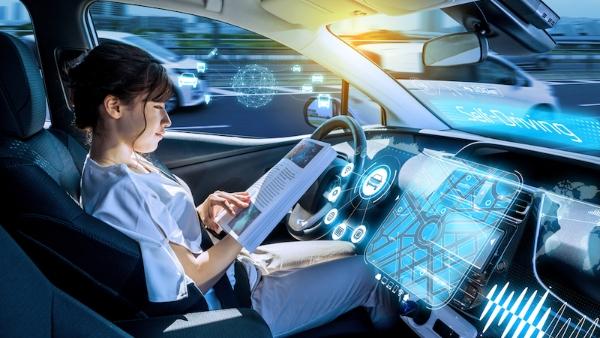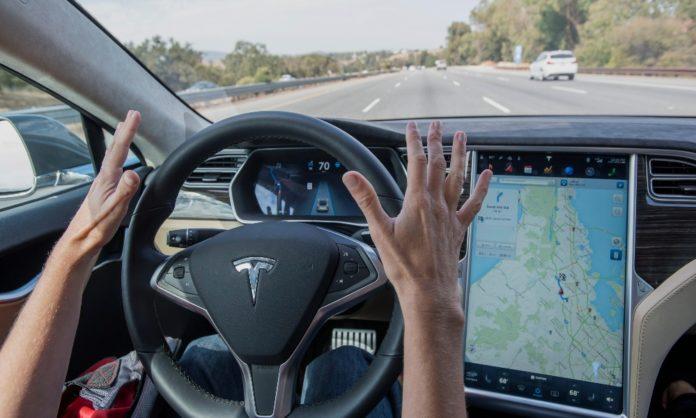It’s a time memorial question: do men or women make better drivers? In our context at least, women are always looked down upon as bad drivers. But hey, we’re talking about driverless cars now and that has changed the debate! A recent study might have the solution and this is what you need to know:
Read more: Are Early Risers Happier & Mentally Stronger?
The New Study
According to Newcastle University researchers, women in driverless automobiles responded more quickly. Moreover, they also had a more steady takeover control than men. Total 33 women and 43 men, totaling 76 drivers, took a test drive in level 3 automatic vehicles (L3 AVs). The driver can entirely switch off from operating the vehicle and engage in other activities with these vehicles. The researchers were also tested in various weather conditions. Researchers asked drivers to take over from L3 AVs in various weather situations. The timing and effectiveness of the takeover were then evaluated.

The Findings
Compared to men, women displayed a lower proportion of hasty takeovers and marginally quicker reaction times. Additionally, women operated the steering wheel more steadily as opposed to their male counterparts.
Our study also highlights how crucial it is to address inequality in future mobility considerations. According to a university release from Dr. Shuo Li, lead author of the study.
At Newcastle’s School of Engineering, “manufacturers and designers need to adopt inclusive practices. They must fully consider the needs, requirements, performance, and preferences of end-users from different demographic groups. Only then can create user-friendly automated vehicles be created.”

The Follow-Up
In the following phase, a follow-up study will be done to account for gender variations. They will be accomodated in the needs and requirements that are connected with non-driving related duties in Level 3 automated cars. The impact of completing these tasks on end-user behavior and performance also needs to be considered.

For creating and promoting user-friendly, human-machine interactions in driverless automobiles, researchers say their findings have significant significance. The significance extends to legislators, vehicle manufacturers, and academia. The authors of the study also note that gender disparities in user preferences for other non-driving jobs should be considered when designing these driverless vehicles’ interiors.
Read more: Does Social Stress Accelerate Aging Of Immune System?
Stay tuned to Brandsynario for the latest news and updates.





































